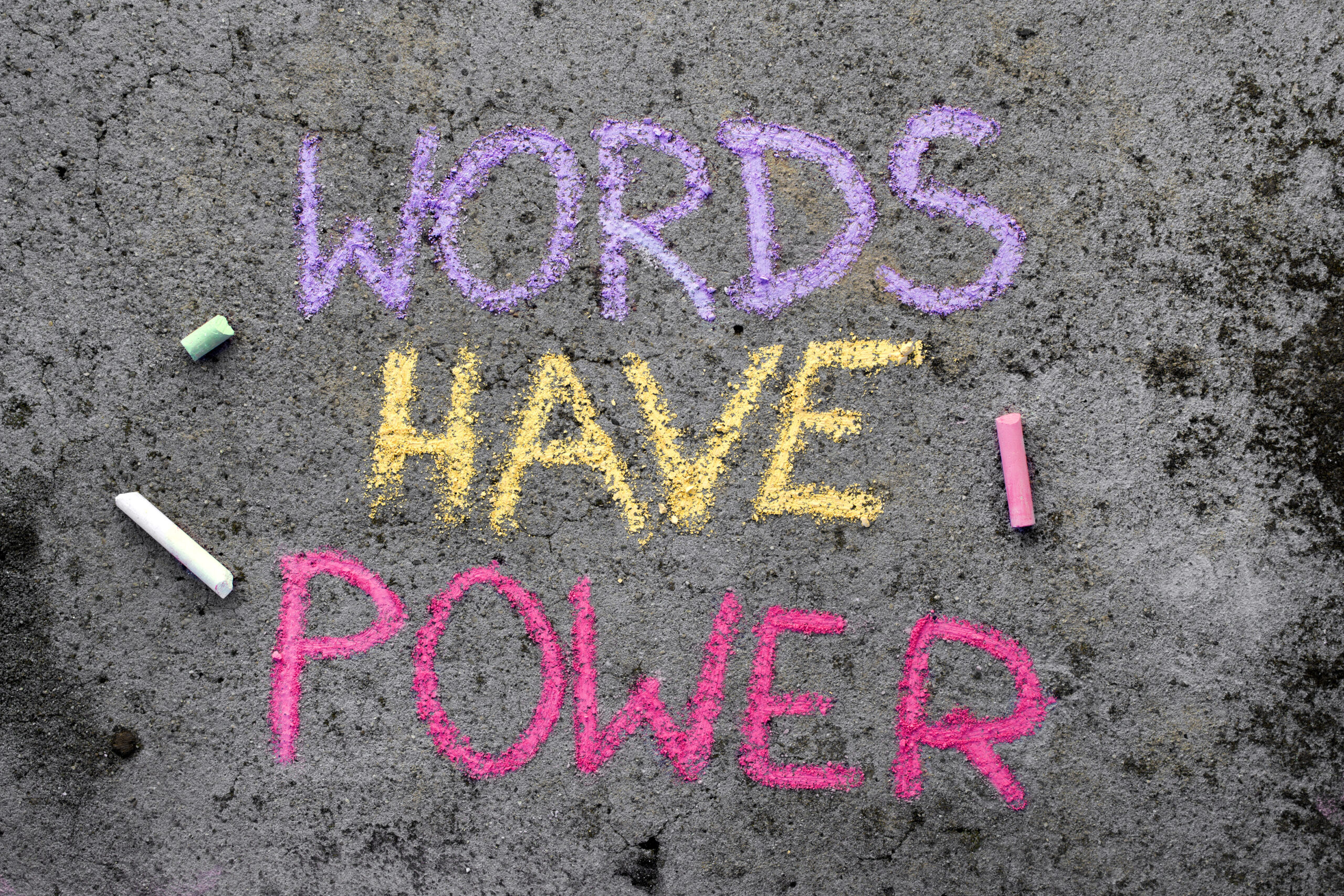
In today’s society, awareness about gender equality is on the rise. However, our language still holds remnants of a less equal past, especially in everyday phrases that can carry subtly sexist undertones. This article sheds light on 21 such phrases, helping us become more mindful of our language and its impact.
1. “Man Up”

The phrase “man up” suggests that bravery and resilience are exclusively masculine traits. It not only pressures men to conform to a narrow definition of masculinity but also implies that women are inherently less courageous. This phrase can undermine the emotional complexity and strength found in all genders. It reinforces a harmful stereotype that equates strength with masculinity. Finding an alternative phrase that encourages bravery without gender implications is a step towards more inclusive language.
2. “Don’t Be Such a Girl”

Used to criticize someone for showing emotion or weakness, this phrase equates femininity with negative traits. It perpetuates the stereotype that women are overly emotional or weak. This phrase is damaging to both women and men, as it devalues feminine qualities and stigmatizes emotional expression in men. It’s important to encourage emotional expression in all individuals, regardless of gender. Instead, we should promote a culture that values emotional intelligence and resilience in everyone.
3. “You Throw Like a Girl”

Often used as an insult, this phrase implies that girls are inherently less skilled in physical activities. It undermines the athletic abilities of women and perpetuates gender stereotypes in sports. This phrase can discourage girls from participating in sports or physical activities. It’s crucial to recognize and celebrate the athletic achievements of women and girls. Encouraging phrases that focus on effort and improvement, rather than making gender-based comparisons, can foster a more inclusive environment.
4. “Boys Will Be Boys”

This phrase is typically used to excuse irresponsible or aggressive behavior by males. It implies that such behavior is natural and unchangeable in men, which can lead to a culture that tolerates harmful actions. This phrase also absolves individuals of accountability for their actions. It can be damaging to boys by limiting their potential for emotional and behavioral growth. Emphasizing personal responsibility and respect for others, regardless of gender, is key to fostering a more respectful society.
5. “Working Mother”

The term “working mother” implies that motherhood is not work and overlooks the labor involved in homemaking and child-rearing. It creates a false dichotomy between professional work and parenting. This phrase also fails to acknowledge that all mothers, regardless of their employment status, balance multiple responsibilities. It’s rare to hear the term “working father,” which highlights a gender bias. Using terms like “parent” or simply “professional” without the maternal qualifier can help normalize the diverse roles of all parents.
6. “Like a Boss”

While seemingly empowering, “like a boss” can reinforce the stereotype that authority and leadership are inherently male qualities. It often suggests that acting ‘like a boss’ is to emulate traditionally masculine styles of leadership. This phrase can overshadow the diverse and effective leadership styles that women bring to the workplace. It’s essential to celebrate different leadership styles regardless of gender. Encouraging leadership based on qualities like empathy, collaboration, and innovation, rather than gender stereotypes, can cultivate a more inclusive work environment.
7. “Gold Digger”

This term is predominantly used to describe women who seek financial gain through relationships with men. It perpetuates a stereotype that women are financially dependent on men and manipulative in relationships. This phrase undermines the financial independence and integrity of women. It’s important to recognize and respect the economic autonomy of all individuals. Encouraging discussions around financial independence and equality in relationships can help dismantle this stereotype.
8. “Crying Like a Little Girl”

This phrase is often used to mock someone, usually a man, for showing emotion. It equates femininity with vulnerability and weakness, which is harmful to both genders. It discourages men from expressing their emotions openly and reinforces harmful gender norms. Recognizing that emotions are a human trait, not tied to gender, is vital. Encouraging emotional expression in a supportive and non-judgmental environment is key to emotional well-being.
9. “Don’t Be a Drama Queen”

Typically used to describe someone, often a woman, who is perceived as overreacting, this phrase minimizes genuine concerns or emotions. It stereotypes women as being overly emotional or irrational. This phrase can silence women’s voices and discourage them from expressing their feelings. It’s important to listen and validate the emotions of others, regardless of gender. Promoting an environment where everyone feels comfortable expressing their thoughts and feelings is crucial for healthy communication.
10. “Housewife”

The term “housewife” implies that a woman’s primary role is in the home and often overlooks the value of domestic work. It fails to acknowledge the skills and labor involved in managing a household. This term also reinforces traditional gender roles and can limit the perceived capabilities of women. Using terms like “homemaker” or “stay-at-home parent” can be more inclusive and respectful. Recognizing and valuing unpaid domestic work is essential for gender equality.
11. “Girl Boss”

While intended to be empowering, “girl boss” can inadvertently reinforce the idea that it’s unusual or noteworthy for a woman to be in a position of power. It can infantilize women leaders by using “girl” instead of “woman.” This phrase might imply that women’s leadership is a deviation from the norm. Celebrating women’s achievements without the qualifier of their gender is more empowering. Promoting gender-neutral terms like “leader” or “entrepreneur” can help normalize women in leadership roles.
The Power of Words

The language we use in our everyday lives can have a profound impact on the way we perceive and treat each other. By being mindful of the phrases we use and their potential implications, we can contribute to a more equal and respectful society. It’s not just about avoiding certain terms, but also about fostering an environment where all individuals, regardless of gender, feel valued and respected. The journey towards gender equality is ongoing, and our words play a crucial role in shaping a more inclusive world.










